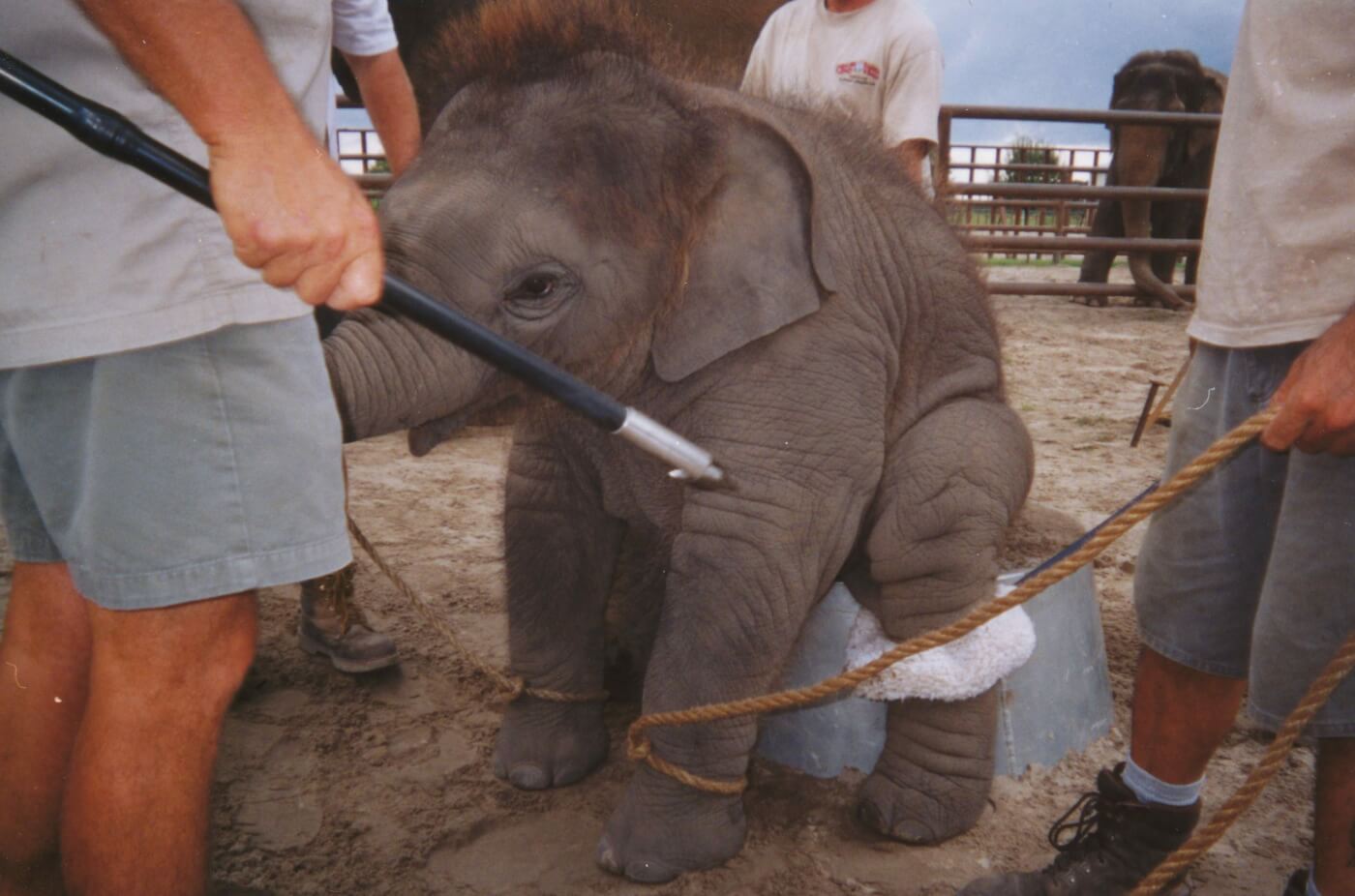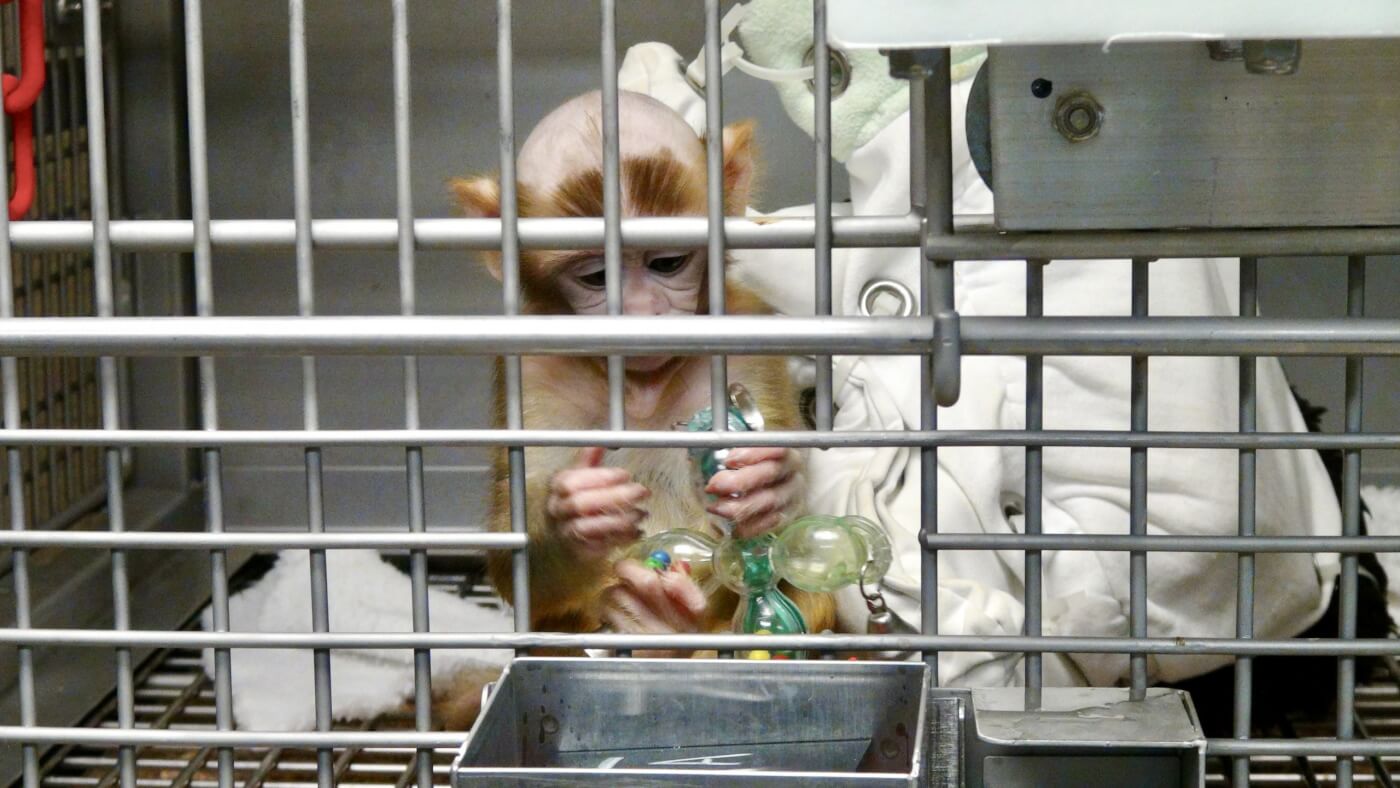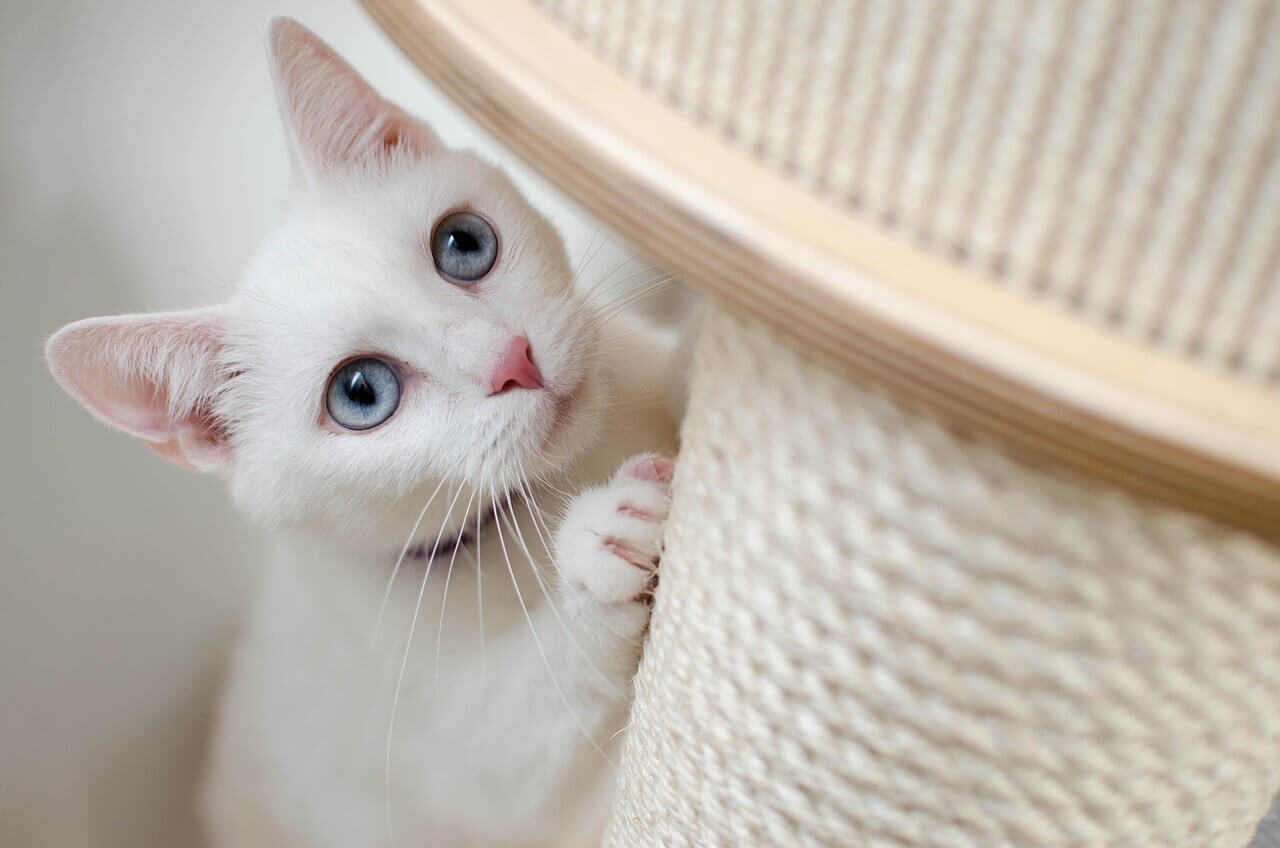These Important Animal Protection Bills Were Passed During Virginia’s 2024 General Assembly Session
Virginia’s 2024 legislative session was a productive one! PETA worked with legislators to protect animals of all species and sizes, from mice to elephants. These bills were passed by the General Assembly and signed into law by Gov. Glenn Youngkin.
HB 1531

Patron: Del. Kathy Tran (D-18)
Summary as passed: Cruelty to elephants; pain-inflicting training tools prohibited; actions for attachment; civil penalty. Prohibits using devices such as a bullhook, axe handle, or block and tackle or engaging in certain practices in order to discipline, train, or control the behavior of an elephant. The bill provides that any person who uses such devices or engages in certain practices that inflict fear or pain on or cause physical injury to an elephant is subject to a civil penalty not to exceed $2,500 for the first offense and not to exceed $5,000 for subsequent violations. Finally, the bill provides that an action in equity may be brought to request an attachment for any devices prohibited by the bill against a person violating the provisions of the bill.
Status: The bill was passed by the House of Delegates on February 13 by a vote of 63 “yeas” to 36 “nays.” The bill was then passed by the Senate on February 26 with a vote of 29 “ayes” to 11 “nays.” Gov. Youngkin signed the bill into law on April 2, 2024, and it will become effective on July 1, 2024.
What it will do: ban the use of bullhooks and other pain-inflicting implements to discipline, train, or control elephants.
Why we supported it: A bullhook is a weapon used to terrorize, punish, and control elephants and break their spirits. It is steel-tipped, resembles a fireplace poker, and weighs about as much as a baseball bat. During training—which starts when baby elephants have just been prematurely separated from their distressed mothers—handlers strike, jab, poke, prod, and beat elephants. Trainers sink the sharp bullhook deep into sensitive areas around their mouth and eyes, behind their ears, inside their trunk, and in tender spots under their chin and around their feet.
PETA’s undercover investigation into Ringling Bros. and Barnum & Bailey Circus—before our historic victory that led to the retirement of its long-suffering elephants—caught footage of horrific abuse of elephants backstage, including in Virginia. The Association of Zoos and Aquariums, the leading accrediting organization for reputable zoos in the U.S., announced a policy in 2019 that banned the use of bullhooks and now favors protected contact: safe, humane handling techniques that emphasize positive reinforcement and allow elephants to express natural behavior without the threat of violence or domination.
SB 411 and HB 580

Patrons: Sen. Jennifer B. Boysko (D-38) and Del. Shelly A. Simonds (D-70)
Summary as passed: Task Force on Transparency in Publicly Funded Animal Testing Facilities; report Requires the Department of Agriculture and Consumer Services to convene a Task Force on Transparency in Publicly Funded Animal Testing Facilities consisting of legislators and stakeholders for the purpose of identifying potential deficiencies in publicly funded animal testing facilities in the Commonwealth and recommending methods and context for making certain information about such animal testing facilities publicly available. The bill requires the Task Force to report its findings to certain committees of the General Assembly no later than November 1, 2024.
Status: HB 580 was passed by the House of Delegates on February 13 by a vote of 56 “yeas” to 43 “nays.” The Senate also passed the bill on February 23 by a vote of 39 “yeas” to 1 “nay.” Its companion bill, SB 411, was passed unanimously by the Senate on February 8 and was passed by the House of Delegates on March 4 by a vote of 53 “yeas” to 44 “nays.” Gov. Youngkin signed the bills into law on April 8, 2024, and they will become effective on July 1, 2024.
What the legislation will do: create a task force for the purpose of identifying deficiencies in publicly funded animal testing facilities and submitting recommendations on making available to the public information pertaining to instances of noncompliance with federal animal welfare regulations as well as the care, use, and numbers of animals used in experiments.
Why we supported it: In the past few years, kind people like you helped get important initiatives passed, including historic legal protections for dogs and cats bred and sold for experiments as well as legislation that requires publicly funded animal testing facilities in Virginia to publicly post their U.S. Department of Agriculture inspection reports and alert institutional leadership to any critical violations of the federal Animal Welfare Act.
The most recent available data reveal the following:
• In 2022, seven of the state’s public universities—Virginia Tech (VT), the University of Virginia (UVA), Virginia Commonwealth University (VCU), Old Dominion University (ODU), Eastern Virginia Medical School (EVMS), George Mason University (GMU), and James Madison University (JMU)—collectively received more than $139 million for research and development from the Commonwealth and $907,734,000 from the federal government for research and development.
• From 2014 to 2023, those seven universities were found to be in violation of and/or self-reported violations of federal animal welfare regulations, guidelines, and/or policies 91 times. Their violations include allowing animals to die of starvation and dehydration and depriving animals of veterinary care. In one case (at EVMS), pregnant baboons were subjected to multiple major survival surgeries (caesarean sections) without legally required approval.
• According to the universities’ own submissions to various agencies in 2022, the approximate number of animals held at just five of those schools (VT, UVA, VCU, ODU, and EVMS) was 289,000, including dogs, nonhuman primates, rabbits, pigs, sheep, birds, chinchillas, rats, and mice—and some of the facilities counted only cages of animals, not the animals confined to them, so the number is likely much higher.
To safeguard public trust, the total number of animals kept and used in experiments and the amount of funding used to experiment on animals should be matters of public record.
HB 1354

Patron: Del. Marty Martinez (D-29)
Summary as passed: Declawing cats; prohibition. Makes the practice of declawing cats unlawful for any person engaged in the practice of veterinary medicine except as necessary for a therapeutic purpose, as defined in the bill.
Status: The bill was passed by the House of Delegates on February 13 by a vote of 54 “yeas” to 44 “nays.” It was reported to the full Senate by the Agriculture, Conservation and Natural Resources Committee on February 27 by a vote of 12 “ayes” to two “nays.” Gov. Youngkin signed the bill into law on April 8, 2024, and it will become effective on July 1, 2024.
What it will do: ban the declawing of cats unless deemed medically necessary in Virginia.
Why we supported it: Declawing is an invasive and terribly painful surgery that involves 10 individual amputations—not just of the cats’ nails but of the last digit of each toe as well. Declawing results in a gradual weakening of cats’ legs, shoulders, and back muscles. Because of impaired balance caused by the procedure, declawed cats must relearn how to walk, much as a human would after losing their toes. After the surgery, the nails can grow back inside the paw, causing extreme pain unbeknownst to the cat’s guardian.
Declawing has already been outlawed in several U.S. cities and states. Nearly two dozen countries—including Australia, England, and Japan—have also prohibited or severely restricted veterinarians from performing the painful, permanently crippling, and mutilating procedure.
Although text was added to the initial draft of the bill that would exempt instances in which the owner’s health is allegedly at risk, it requires documentation from a physician for the exemption to apply and prohibits declawing due to cosmetic or for convenience purposes.

